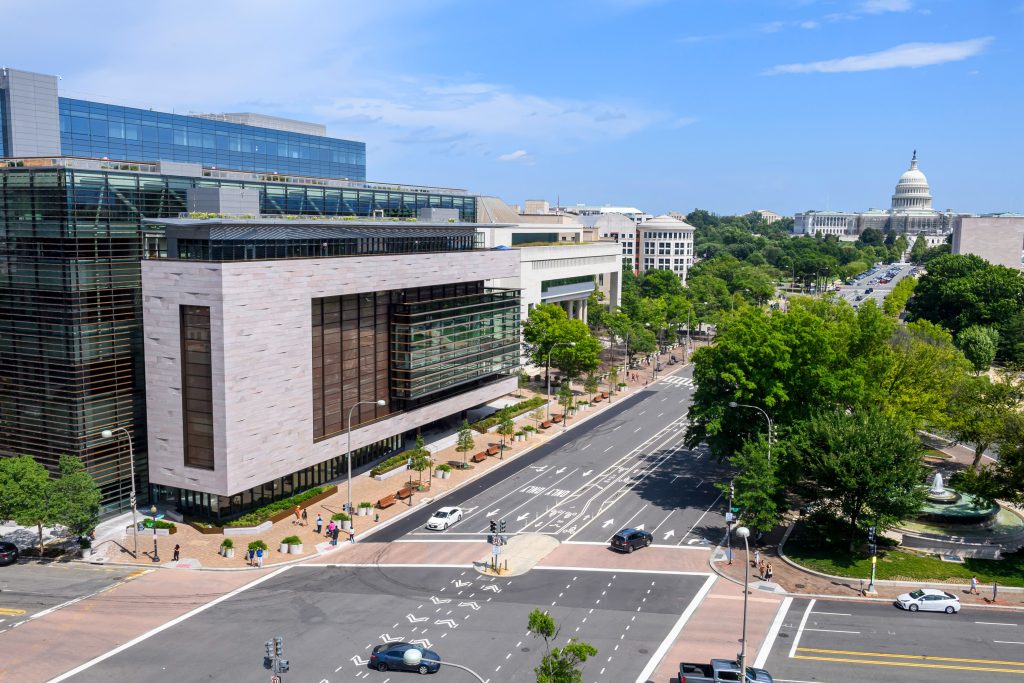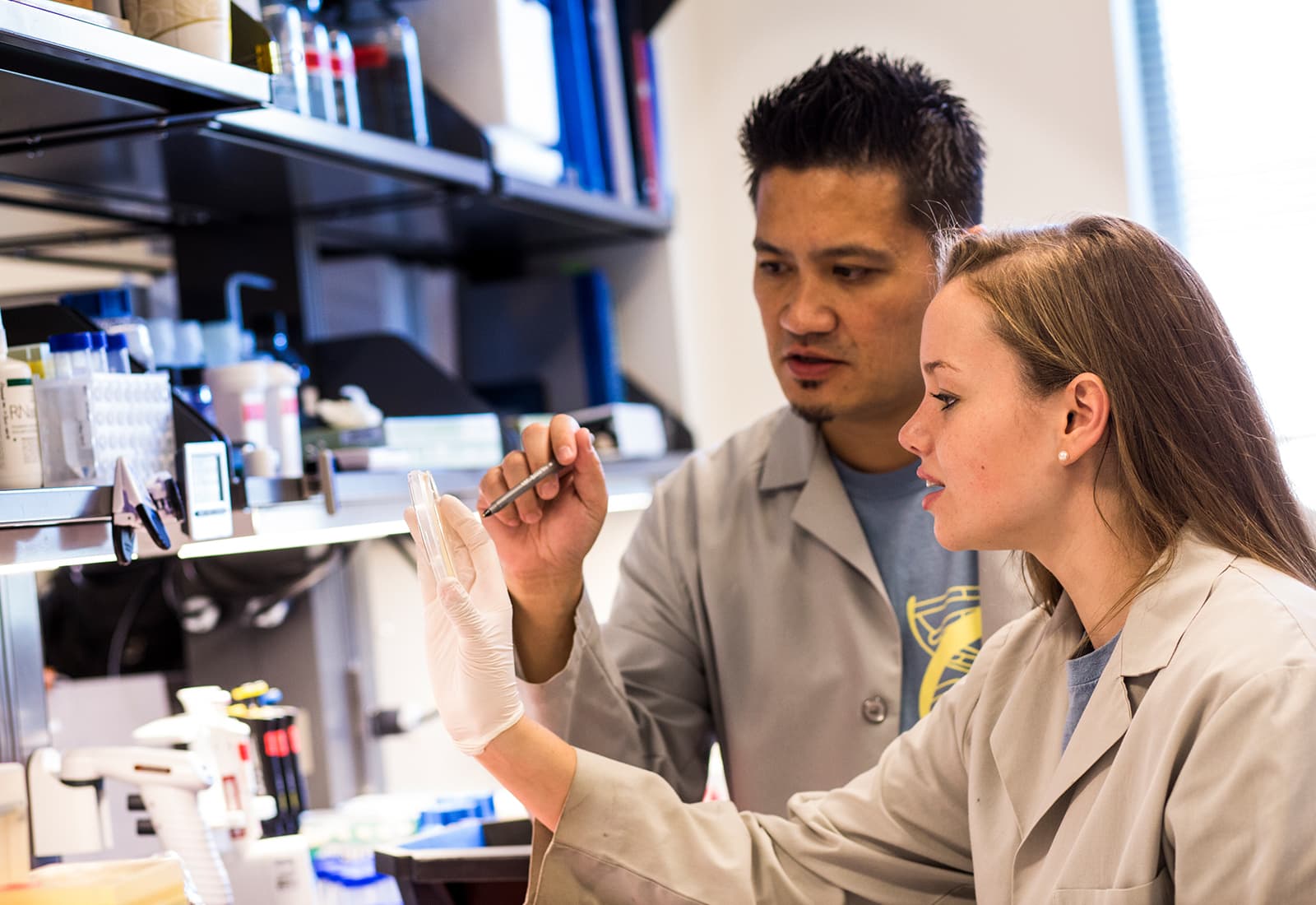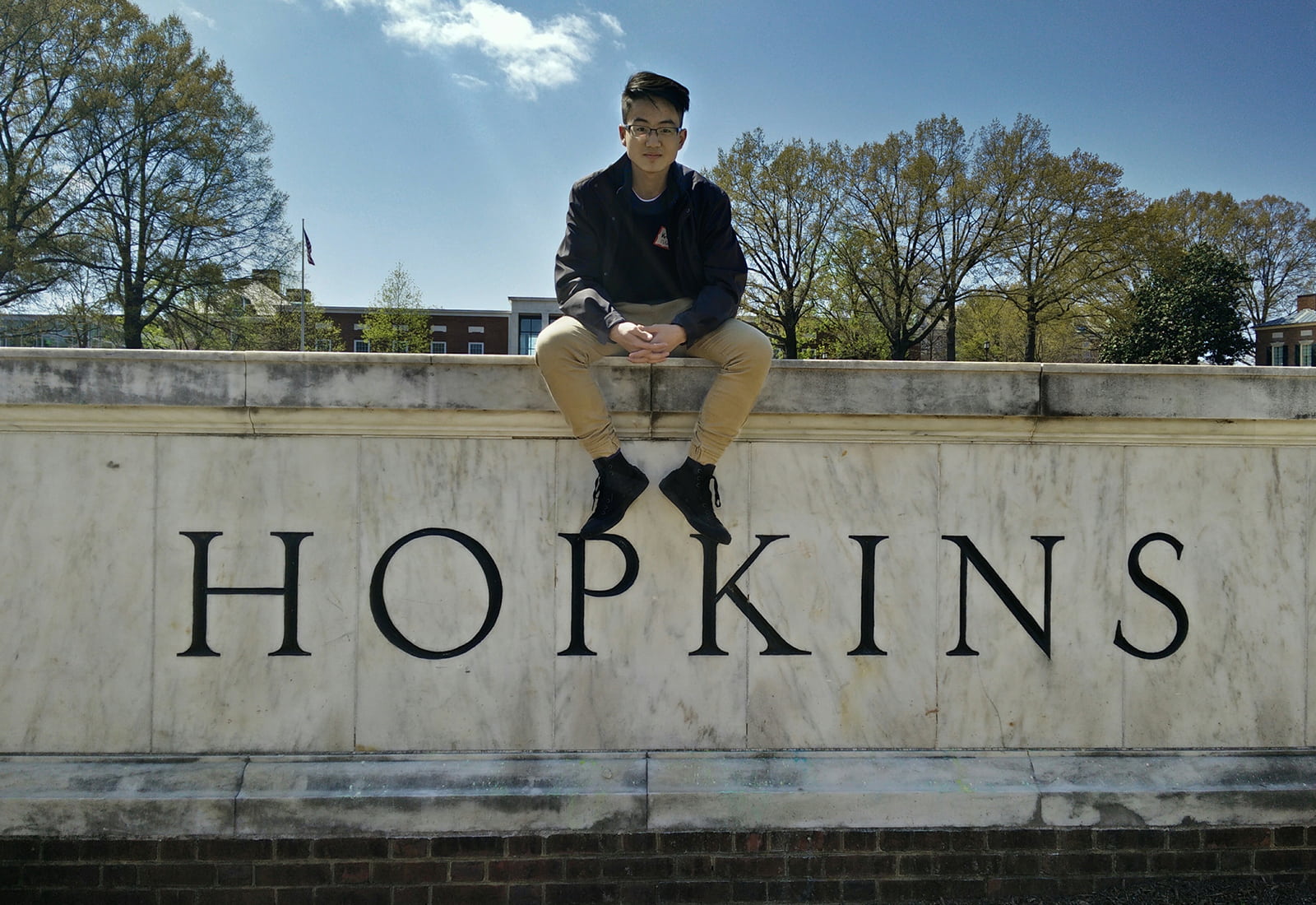Johns Hopkins University
Since his first donation of $5 in 1964 – the year he graduated with a bachelor’s degree in engineering – Mike Bloomberg’s longstanding commitment to his alma mater, Johns Hopkins University, has been truly transformative. His leadership and support have dramatically influenced the stature and impact of the university, from expanding access for lower- and middle-income students and supporting scientific research at the highest level, to launching new initiatives and improving facilities to take on major challenges in public health and many other fields.
Mike served as chair of the Board of Trustees from 1996 to 2002, and in 2001, the School of Hygiene and Public Health was renamed the Bloomberg School of Public Health in recognition of his support and dedication to public health issues.
In 2018, he gave a historic $1.8 billion gift entirely for financial aid, allowing Johns Hopkins to begin accepting students without regard to their ability to pay. In 2024, a new $1 billion gift was made to make medical school free at Johns Hopkins University for a majority of students, while also increasing financial aid for students at its schools of nursing, public health, and other graduate schools.
The Hopkins Bloomberg Center
The Hopkins Bloomberg Center opened in the fall of 2023 with a mission to connect the worlds of research and policy, educate future leaders and innovators, convene a range of viewpoints to foster discovery and dialogue, and bring a fresh infusion of artistic expression to the heart of the nation’s capital. The opening enables the Baltimore-based research university to expand its presence in Washington through a prime location near the Capitol.

Bloomberg School of Public Health
The Johns Hopkins School of Hygiene and Public Health was founded in 1916, making it the first independent graduate school of public health. In 2001, the school was renamed the Johns Hopkins Bloomberg School of Public Health, in recognition of Mike’s financial support and commitment to the field of public health. It is consistently ranked as the best school of public health in the U.S.

The Bloomberg American Health Initiative
In 2016, Bloomberg Philanthropies announced the Bloomberg American Health Initiative at the Johns Hopkins Bloomberg School of Public Health. The initiative supports fellows and scholarships, funds research, and organizes convenings focused on five major public health threats to life expectancy in the U.S.: drug addiction, obesity, gun violence, risks to adolescent health, and environmental threats.

Financial Aid
In 2018, Mike Bloomberg gave a $1.8 billion gift devoted exclusively to undergraduate financial aid, allowing Johns Hopkins University to permanently commit to need-blind admissions and ensure educational opportunities for the next generation of global leaders. In 2024, an additional $1 billion gift was made to make medical school free at Johns Hopkins University for a majority of students, while also increasing financial aid for students at its schools of nursing, public health, and other graduate schools. The gifts build on his long-standing commitment to support students through a wide array of scholarships at the university.

Bloomberg Distinguished Professors
Announced in 2013 and expanded in 2021, the Bloomberg Distinguished Professors at Johns Hopkins University are a group of 100 world-class faculty members, recruited from around the world, whose excellence in teaching and original research is centered on interdisciplinary scholarship. Spanning the university’s schools and departments, the professors conduct and stimulate innovative research and training.
Bloomberg~Kimmel Institute for Cancer Immunotherapy
In 2016, Mike Bloomberg, Sidney Kimmel, and more than a dozen other supporters contributed $125 million to establish the Bloomberg~Kimmel Institute for Cancer Immunotherapy. This organization aims to eradicate cancer through research focusing on melanoma, colon, pancreatic, urologic, lung, breast, and ovarian cancers, and to help speed up the process of bringing new treatments from the lab to patients. In addition, the Institute also recruits scientists, provides additional infrastructure for engineering cellular products related to immunotherapy research, enhances partnerships with the private sector, and invests in technological development.
Charlotte R. Bloomberg Children’s Center
An innovative new building for the century-old Johns Hopkins Children’s Center, the Charlotte R. Bloomberg Children’s Center opened in 2012. With 209 beds, large operating rooms, and up-to-date facilities, it provides superlative medical care for young patients and a uniquely welcoming environment for their families. The Center’s creative design integrates art and architecture to create a sanctuary of healing and hope. Named in honor of Mike Bloomberg’s late mother, it embodies a belief in the power of visual culture to embolden, inspire, and restore.
Vivien Thomas Scholars Initiative
The Vivien Thomas Scholars Initiative, a $150 million investment, was launched at the Johns Hopkins University (JHU) to address historic underrepresentation in science, technology, engineering, and math (STEM) fields, and prepare a new generation of researchers and scholars to assume leadership roles in tackling some of the world’s greatest challenges. The initiative is named for Vivien Thomas, a renowned Black scientist who helped develop the Blalock-Taussig shunt — a cardiac surgery technique to treat blue baby syndrome — at The Johns Hopkins Hospital in the 1940s. This gift provides permanent funding for a sustained cohort of PhD students in JHU’s more than 30 STEM programs.
Top photo: Student Jay Lawrence on the Homewood campus of Johns Hopkins University in Baltimore, Maryland. Jay is a graduate of the Bloomberg Philanthropies CollegePoint program.